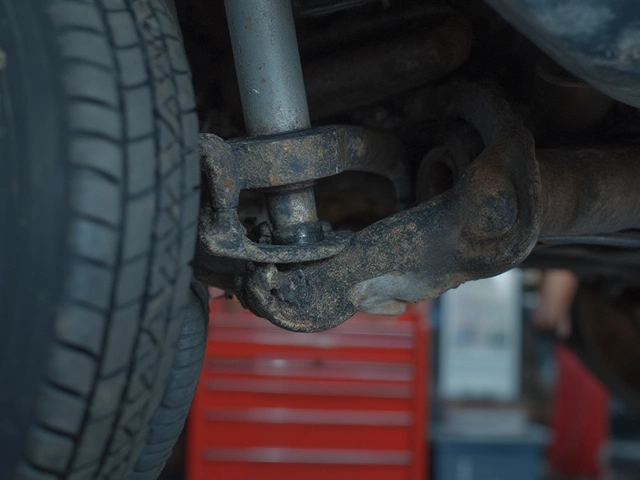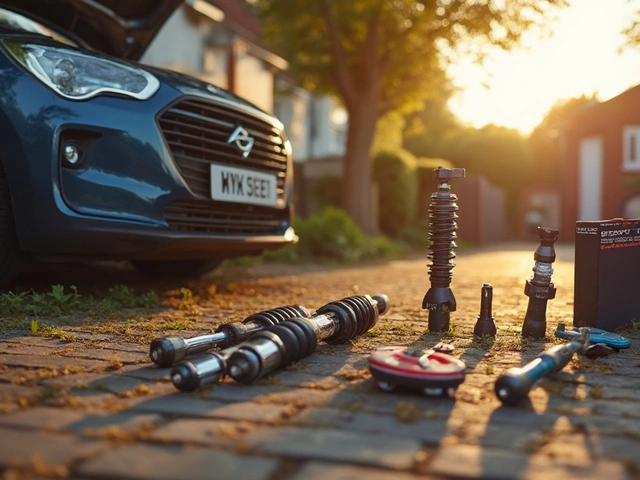Vehicle Exhaust: What Every Driver Should Know
Got a noisy car or a check engine light? Chances are the exhaust system is involved. It’s the part that moves gases out of the engine, reduces noise, and helps your car run efficiently. Understanding how it works and what to look for can save you money and keep your ride smooth.
Common Exhaust Problems and How to Spot Them
First, listen for rattles or a sudden loud roar. A hole in the muffler or a cracked pipe often makes the exhaust sound louder and can let fumes enter the cabin. Look underneath the car for black soot around the exhaust tip – that usually means a leak or a failing catalytic converter.
If you notice a drop in fuel economy, it could be a clogged filter or a damaged oxygen sensor. A check engine light that flashes when you accelerate is a clear sign the system needs attention. Don’t ignore these clues; driving with a bad exhaust can harm the engine and the environment.
Simple Maintenance and Upgrade Ideas
Keeping the exhaust clean is easy. Warm up the car, then drive for a few minutes at highway speed; this burns off carbon buildup. For a quick visual check, make sure all clamps and bolts are tight and there’s no rust on the stainless steel parts.
If you want more power or a deeper sound, consider an aftermarket exhaust. These are designed to reduce back‑pressure, which can improve horsepower by a few percent. However, they’re louder and may need a muffler or resonator to stay road‑legal. We recommend talking to a local shop, like Northwich Tyres Centre, to pick a fit that matches your car and local regulations.
When replacing parts, opt for stainless steel over cheap steel. It resists rust and lasts longer, especially in rainy climates. A new muffler or catalytic converter can cost anywhere from £100 to £600, depending on the make and model. If you’re on a budget, repairing a small hole with a heat‑shielded patch can be a temporary fix.
Regularly schedule a professional inspection during your tyre or service visit. The experts can run a smoke test to pinpoint tiny leaks that are hard to see. They’ll also check the exhaust hangers, which keep the system from vibrating against the chassis.
Bottom line: a well‑maintained exhaust keeps your car quiet, efficient, and safe. Listen, look, and act quickly when something feels off. Whether you stick with the stock system or upgrade to an aftermarket setup, a little care goes a long way.
 4 February 2025
4 February 2025
Exploring Diverse Exhaust Systems: A Deep Dive into Their Types and Functions
Exhaust systems are crucial components of any vehicle, responsible for channeling away gases and impurities. This article explores the various types of exhaust systems, such as single, dual, high-performance, and more, illuminating their unique attributes and purposes. By understanding these systems, car enthusiasts and everyday drivers alike can make informed decisions about maintaining and enhancing their vehicles. With interesting facts and practical tips, readers will gain a comprehensive view of how exhaust systems influence vehicle performance and efficiency.
Tags
- car maintenance
- engine oil
- spark plugs
- brake pads
- engine performance
- vehicle maintenance
- spark plug replacement
- windshield wipers
- fuel pump
- suspension parts
- clutch replacement
- oil change
- clutch kit
- car suspension
- car performance
- air filters
- car radiator
- exhaust systems
- fuel pump replacement
- engine misfire






0